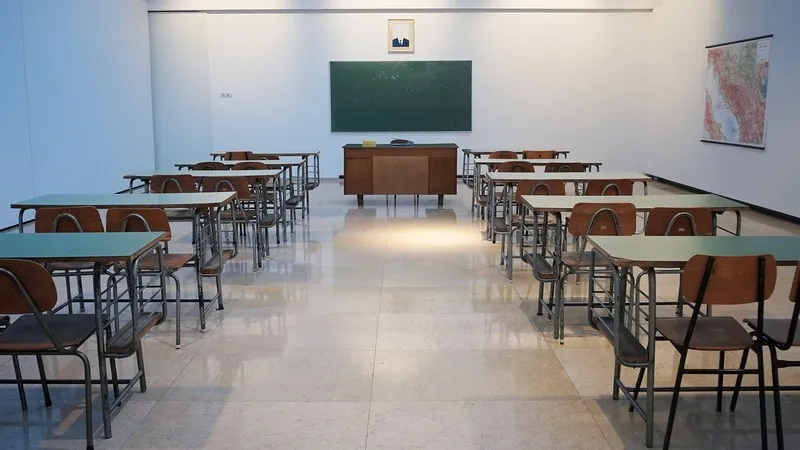Table of Contents
- Historical Background
- The Role of School Social Workers
- Collaborative Efforts
- Impact on Student Outcomes
- Challenges and Future Directions
- Conclusion
School social work is a specialized field of practice within the broader discipline of social work. It involves the application of social work principles and techniques to the educational environment, aiming to enhance students’ academic performance and social functioning. School social workers collaborate with teachers, parents, and community resources to address various issues that can impact students’ educational experiences. This paper outlines and explains the role, functions, and significance of school social work in contemporary educational settings.
Historical Background
Origins of School Social Work
School social work began in the early 20th century as a response to the growing recognition of the interplay between social conditions and educational outcomes. Initially, school social workers focused on addressing the needs of immigrant and low-income students who faced significant barriers to education. Over time, the role has evolved to encompass a wide range of services designed to support students’ emotional, social, and academic development.
Evolution and Professionalization
The professionalization of school social work has been marked by the establishment of standards and guidelines by organizations such as the National Association of Social Workers (NASW) and the School Social Work Association of America (SSWAA). These bodies have helped to define the scope of practice, ethical standards, and educational requirements for school social workers, thereby enhancing the credibility and effectiveness of the profession.
The Role of School Social Workers
Assessing Student Needs
School social workers are trained to conduct comprehensive assessments of students’ needs, taking into account their social, emotional, and academic circumstances. These assessments often involve interviews with students, parents, and teachers, as well as the review of academic records and other relevant documents. The goal is to identify factors that may be contributing to a student’s difficulties and to develop appropriate interventions.
Providing Individual and Group Counseling
One of the core functions of school social workers is to provide counseling services to students. This can include individual counseling for students experiencing personal or family problems, as well as group counseling for issues such as anger management, social skills development, and peer relationships. Through these interventions, school social workers help students develop coping strategies, improve their self-esteem, and enhance their overall well-being.
Crisis Intervention
School social workers are often called upon to respond to crises that affect students, such as bullying, family violence, substance abuse, and mental health emergencies. In these situations, they work to stabilize the immediate situation, provide support to affected individuals, and connect them with appropriate resources for ongoing assistance. Effective crisis intervention can prevent further harm and help students return to a state of stability.
Advocacy and Referral
Advocacy is a key component of school social work. Social workers advocate for students’ rights and needs within the school system and the broader community. This can involve advocating for changes in school policies, securing accommodations for students with disabilities, and ensuring that students have access to necessary resources. Additionally, school social workers often refer students and families to external services, such as mental health clinics, community organizations, and social service agencies.
Collaborative Efforts
Get the full article AD FREE. Join now for full access to all premium articles.
View Plans & Subscribe Already a member? Log in.





